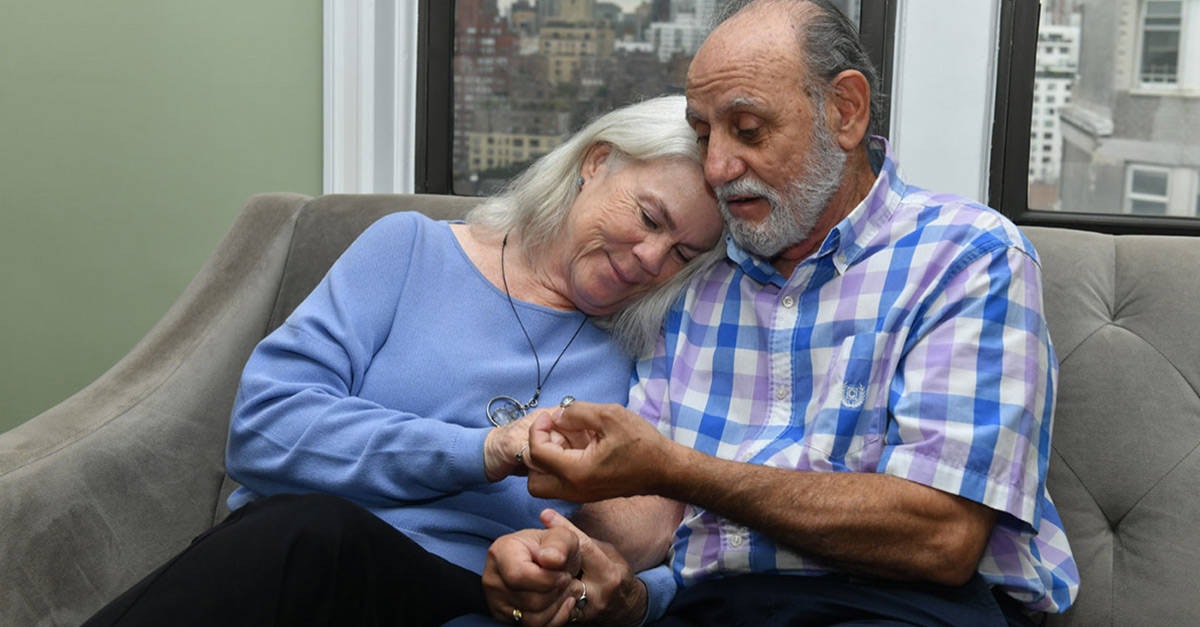Judaism, Hospice and Palliative Care
The following articles were originally published by 70 Faces Media and appeared as part of a series supported by MJHS Health System, 70/Faces Media and UJA-Federation of New York to raise awareness and facilitate conversations about end of life care in a Jewish context.
Caring For Holocaust Survivors
Resources for professional caregivers with background and information on providing care to Holocaust Survivors at the end of life.
Grief and Renewal After the Loss of a Holocaust Survivor
Children and grandchildren of Holocaust Survivors often respond to loss differently. Our six-part series will address how this issue shapes our lives.
Caring for Holocaust Survivors: Clinicians Guide
This guidebook is for clinicians to provide a deeper understanding of end-of-life issues that may manifest in Holocaust Survivor patients.
Caring for Holocaust Survivors With Sensitivity at the End of Life – Multimedia Library
This digital library contains resources about how to provide person-centered, trauma-informed care to Holocaust survivors and their families.
Caring for Holocaust Survivors With Sensitivity at the End of Life | On-Demand E-Learning Modules
This online training toolkit aims to sensitize and prepare health care professionals working with Holocaust Survivors and their families.
9 Tips for Visiting Someone in Hospice
There are things you can do to bring comfort and joy to a person in hospice. We pulled together the following tips from the hospice nurses, social workers, and clergy at MJHS Health System.
End-of-Life Care in the Bible
The Torah is called Etz Chayim, a tree of life, because it provides values, ethics, and laws by which Jews are commanded to live. But how we die is also part of how we live. Below are some key examples from the Torah and what they teach us about dying.
Why Jews Need to Talk About Death
Whether your reticence comes from anxiety, religious superstition, or fear of engaging with a morbid subject, experts advise everyone to consider these issues earlier rather than later. Some rabbis even encourage newly engaged couples to discuss advance care planning before their wedding and to revisit the topic when a child is born or around other lifecycle events. Read some tips on how to get this conversation going with your family members.
Jewish Ethical Wills (Tzava’ot)
Traditionally, Jewish ethical wills contained several items, including burial instructions, debts and obligations to be paid, requests that family members carry on specific religious traditions, and blessings over the family. But modern ethical wills are less about accounting and instruction and more about imparting wisdom or wishes or simply reviewing one’s life.








